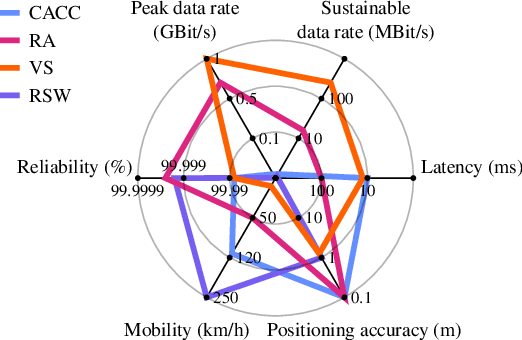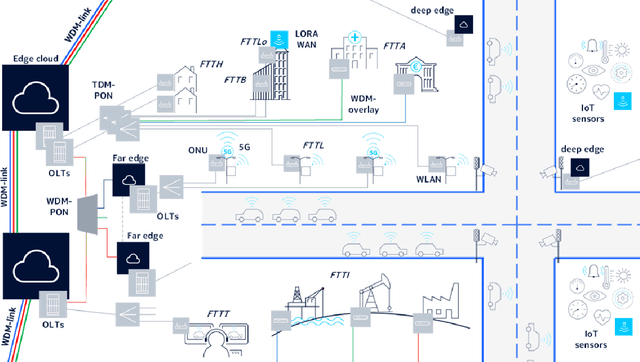Tobias Käfer
Evaluating the Performance of RAG Methods for Conversational AI in the Airport Domain
May 19, 2025Abstract:Airports from the top 20 in terms of annual passengers are highly dynamic environments with thousands of flights daily, and they aim to increase the degree of automation. To contribute to this, we implemented a Conversational AI system that enables staff in an airport to communicate with flight information systems. This system not only answers standard airport queries but also resolves airport terminology, jargon, abbreviations, and dynamic questions involving reasoning. In this paper, we built three different Retrieval-Augmented Generation (RAG) methods, including traditional RAG, SQL RAG, and Knowledge Graph-based RAG (Graph RAG). Experiments showed that traditional RAG achieved 84.84% accuracy using BM25 + GPT-4 but occasionally produced hallucinations, which is risky to airport safety. In contrast, SQL RAG and Graph RAG achieved 80.85% and 91.49% accuracy respectively, with significantly fewer hallucinations. Moreover, Graph RAG was especially effective for questions that involved reasoning. Based on our observations, we thus recommend SQL RAG and Graph RAG are better for airport environments, due to fewer hallucinations and the ability to handle dynamic questions.
* Accepted by NAACL 2025 industry track
BOLD: A Benchmark for Linked Data User Agents and a Simulation Framework for Dynamic Linked Data Environments
Jul 18, 2023Abstract:The paper presents the BOLD (Buildings on Linked Data) benchmark for Linked Data agents, next to the framework to simulate dynamic Linked Data environments, using which we built BOLD. The BOLD benchmark instantiates the BOLD framework by providing a read-write Linked Data interface to a smart building with simulated time, occupancy movement and sensors and actuators around lighting. On the Linked Data representation of this environment, agents carry out several specified tasks, such as controlling illumination. The simulation environment provides means to check for the correct execution of the tasks and to measure the performance of agents. We conduct measurements on Linked Data agents based on condition-action rules.
KIGLIS: Smart Networks for Smart Cities
Jun 09, 2021


Abstract:Smart cities will be characterized by a variety of intelligent and networked services, each with specific requirements for the underlying network infrastructure. While smart city architectures and services have been studied extensively, little attention has been paid to the network technology. The KIGLIS research project, consisting of a consortium of companies, universities and research institutions, focuses on artificial intelligence for optimizing fiber-optic networks of a smart city, with a special focus on future mobility applications, such as automated driving. In this paper, we present early results on our process of collecting smart city requirements for communication networks, which will lead towards reference infrastructure and architecture solutions. Finally, we suggest directions in which artificial intelligence will improve smart city networks.
Specifying, Monitoring, and Executing Workflows in Linked Data Environments
Apr 19, 2018



Abstract:We present an ontology for representing workflows over components with Read-Write Linked Data interfaces and give an operational semantics to the ontology via a rule language. Workflow languages have been successfully applied for modelling behaviour in enterprise information systems, in which the data is often managed in a relational database. Linked Data interfaces have been widely deployed on the web to support data integration in very diverse domains, increasingly also in scenarios involving the Internet of Things, in which application behaviour is often specified using imperative programming languages. With our work we aim to combine workflow languages, which allow for the high-level specification of application behaviour by non-expert users, with Linked Data, which allows for decentralised data publication and integrated data access. We show that our ontology is expressive enough to cover the basic workflow patterns and demonstrate the applicability of our approach with a prototype system that observes pilots carrying out tasks in a mixed-reality aircraft cockpit. On a synthetic benchmark from the building automation domain, the runtime scales linearly with the size of the number of Internet of Things devices.
 Add to Chrome
Add to Chrome Add to Firefox
Add to Firefox Add to Edge
Add to Edge